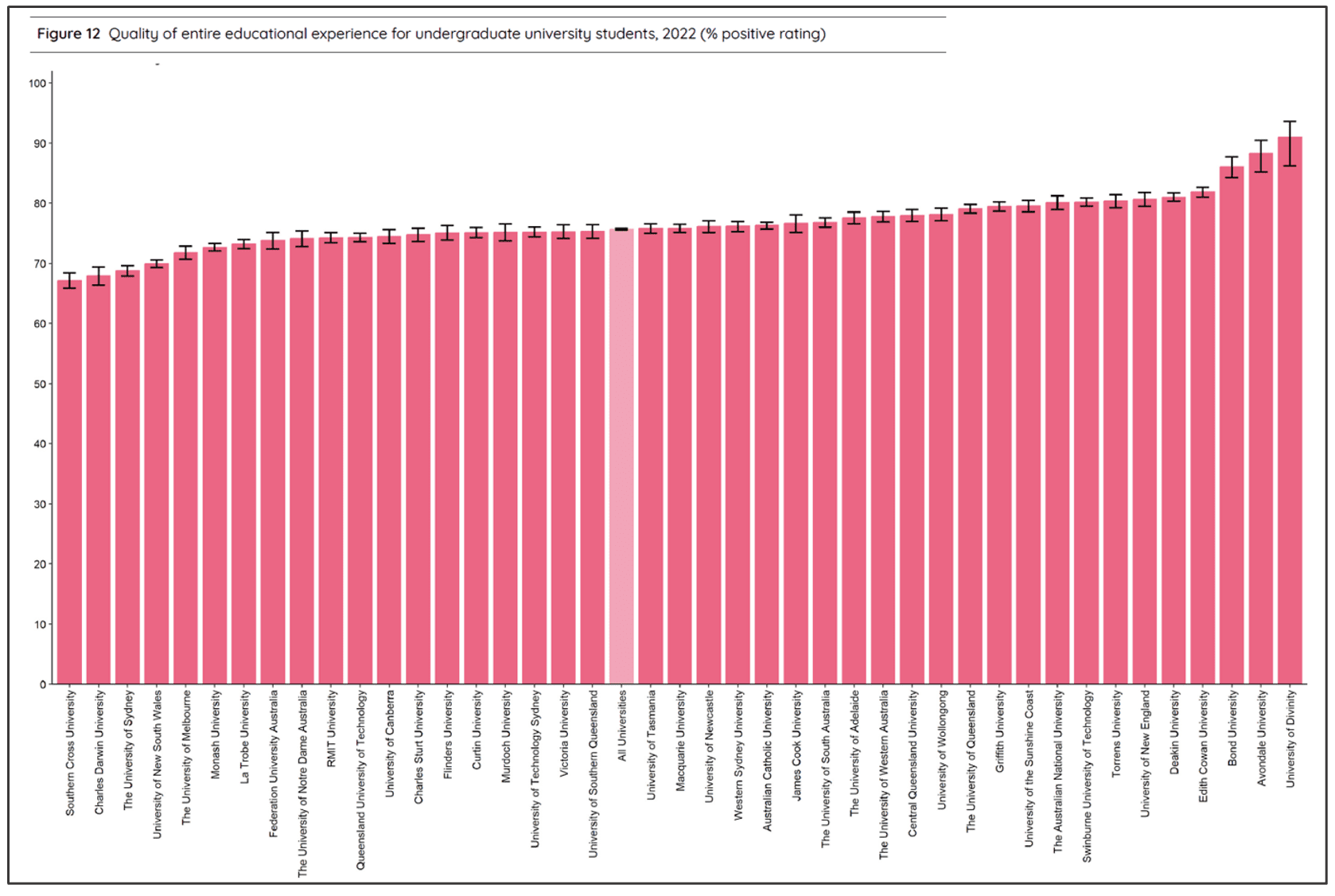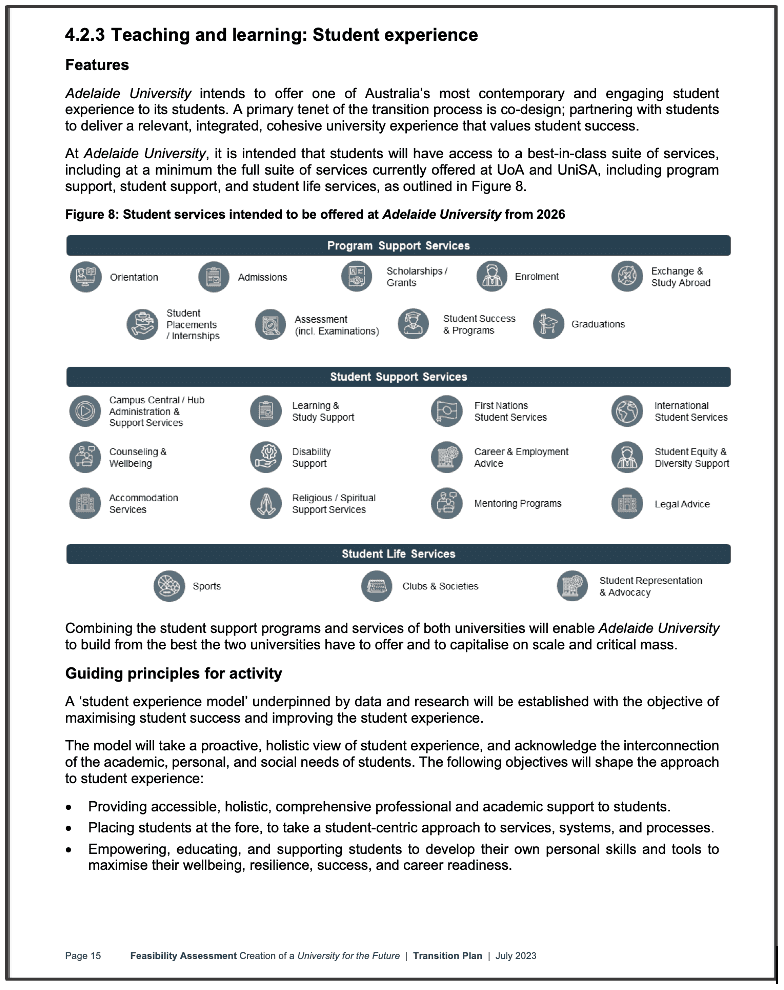University rankings – why the differences matter
There was understandably a lot of discussion about university rankings last week with the release of the annual QS Rankings and the QILT Student Experience Survey results.
I saw 10 media releases celebrating universities ‘improved performances’ on the QS rankings (from the University of Southern Queensland, Deakin, Flinders, La Trobe, Melbourne, Wollongong and Sydney universities, the ATN, Group of Eight and Universities Australia), with only four noting the change in QS’ methodology which had in part contributed to their institution’s improvement (Flinders, La Trobe, Melbourne and Sydney).
These universities, and all those who ranked well and whose releases I missed, deserve to celebrate their achievement on this global ranking of performance.
However as both the Education Editors at the Australian Financial Review and The Australian pointed out, there was a noticeable difference in the QILT ratings for some universities which were ranked highly by QS. Specifically Melbourne University, Monash University, Sydney University and UNSW – were highly ranked by QS but among the worst performers on the QILT undergraduate student survey.

In response, Monash University’s DVC (Education) Prof. Sharon Pickering outlined the differences between Monash’s own student survey results, as well as pointing to the university’s employment outcomes which are “arguably less subjective than self-rated satisfaction”.
Employment outcomes now also feature in the QS rankings – one of the reasons some Australian universities improved their rankings. But even here the rankings warrant more scrutiny and debate, as higher education expert, Dr Peter Bentley pointed out in a recent Twitter thread.

He explains that QS includes “Alumni Impact” in their Employment Outcomes rating – which includes the number of “impactful graduates” a university produces based on externally published lists (eg “Forbes 30 under 30”), as well as the profiles of “global politicians, arts leaders and business professionals from the Boards of stock exchanges”.
So the graduate healthcare workers and teachers from Charles Sturt University or Charles Darwin University working in remote and regional communities are not counted as “impactful graduates” but the business graduates from the Group of Eight universities sitting on the boards of ASX-listed companies are…?
Debate and discussion about the performance of our universities is important – and will hopefully be at the forefront of the minds of the Vice Chancellors of the University of Adelaide and the University of South Australia as they merge their institutions.
Both universities rate relatively highly on their student experience, and the published extract of the Feasibility Study for the merger has a specific focus on students, but it does not commit to delivering measurable improvements for students…






